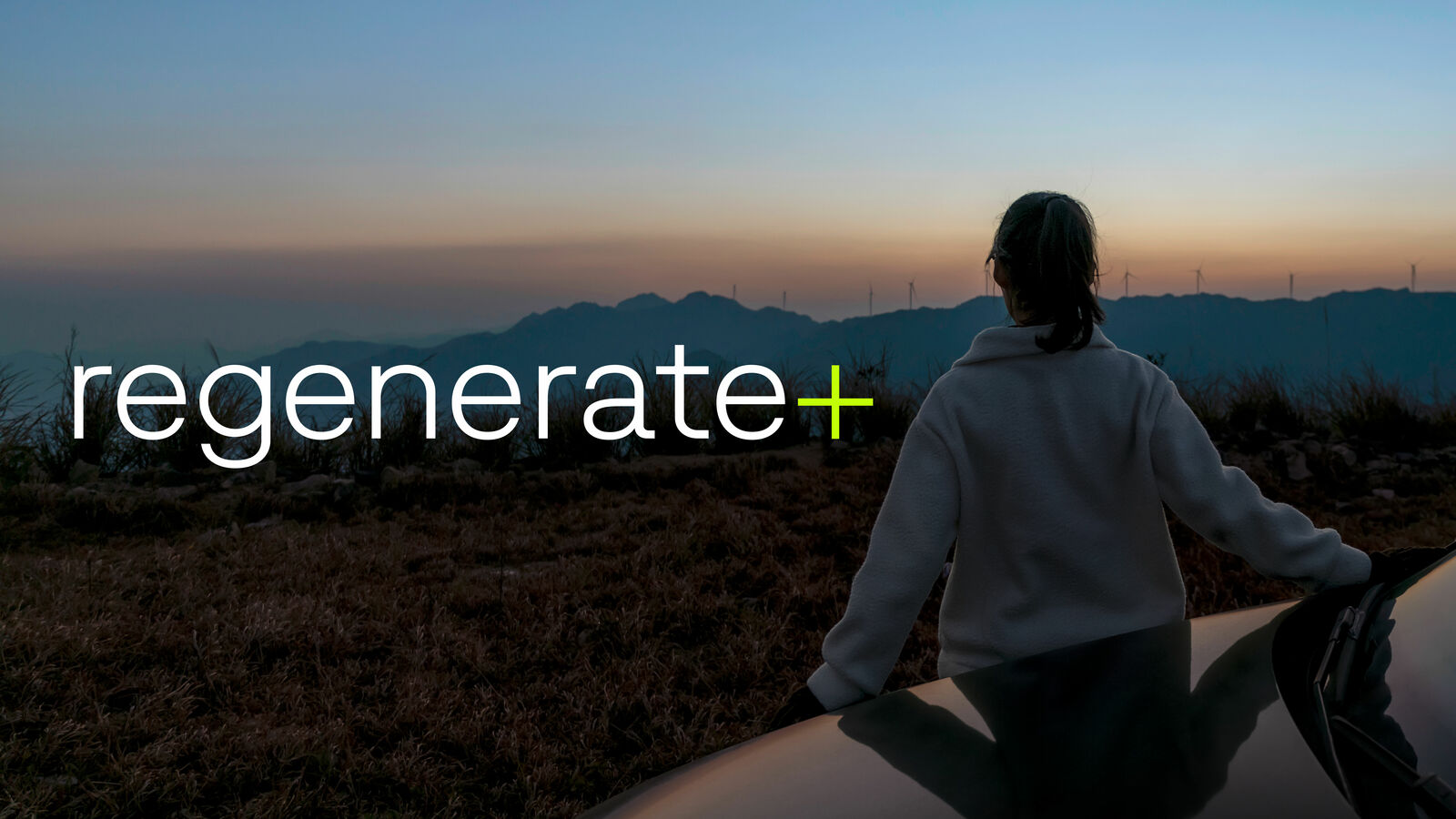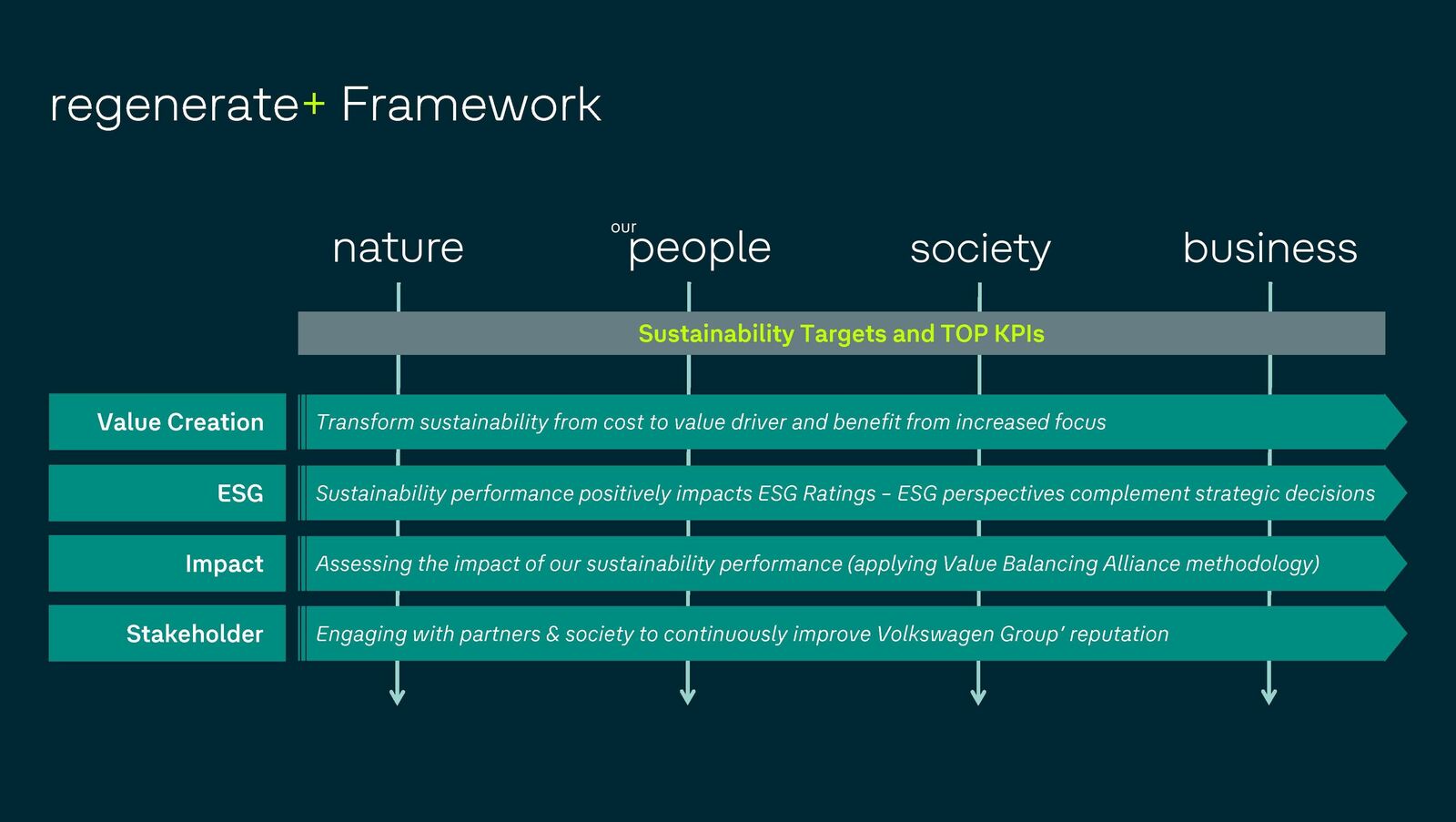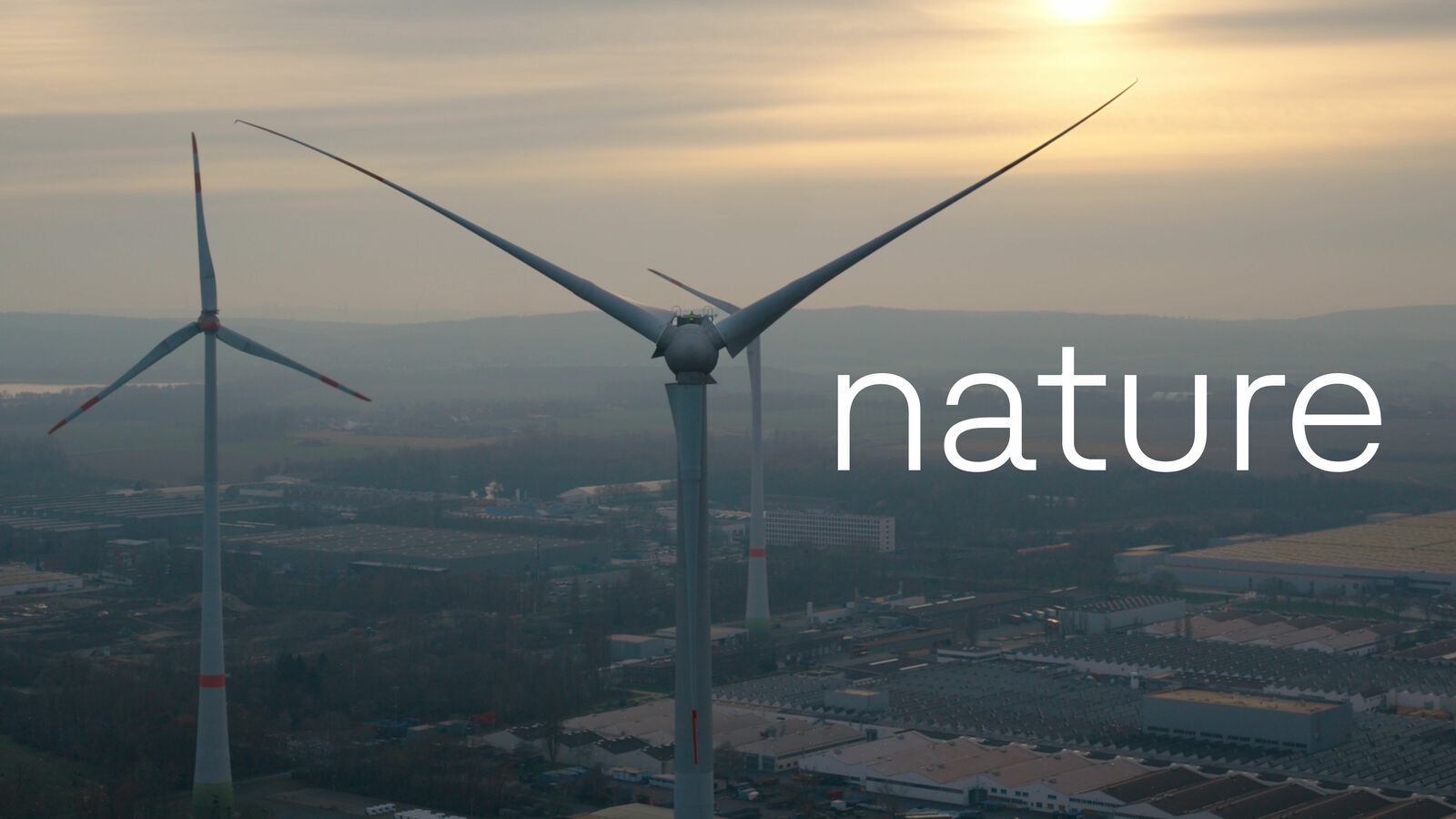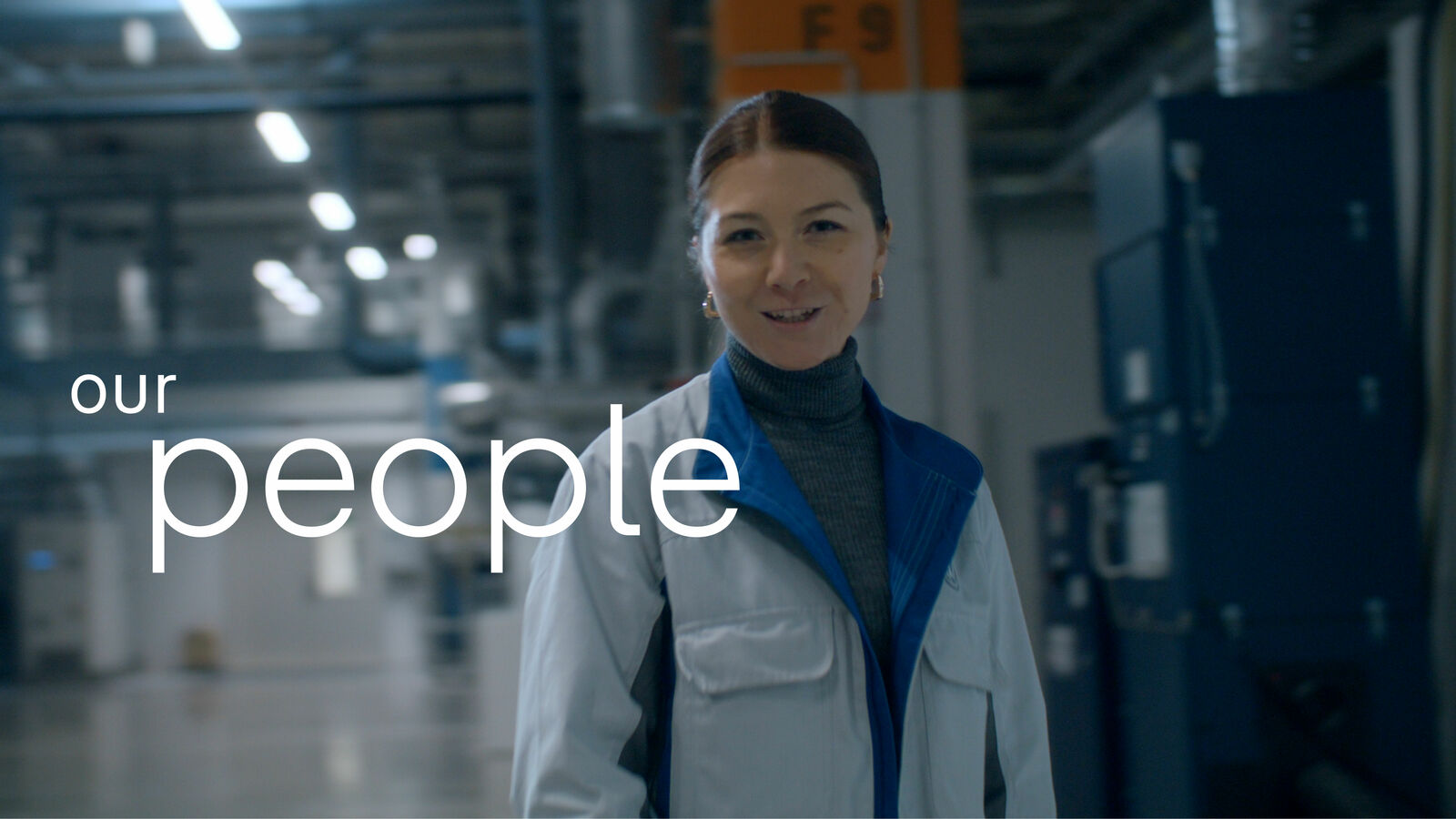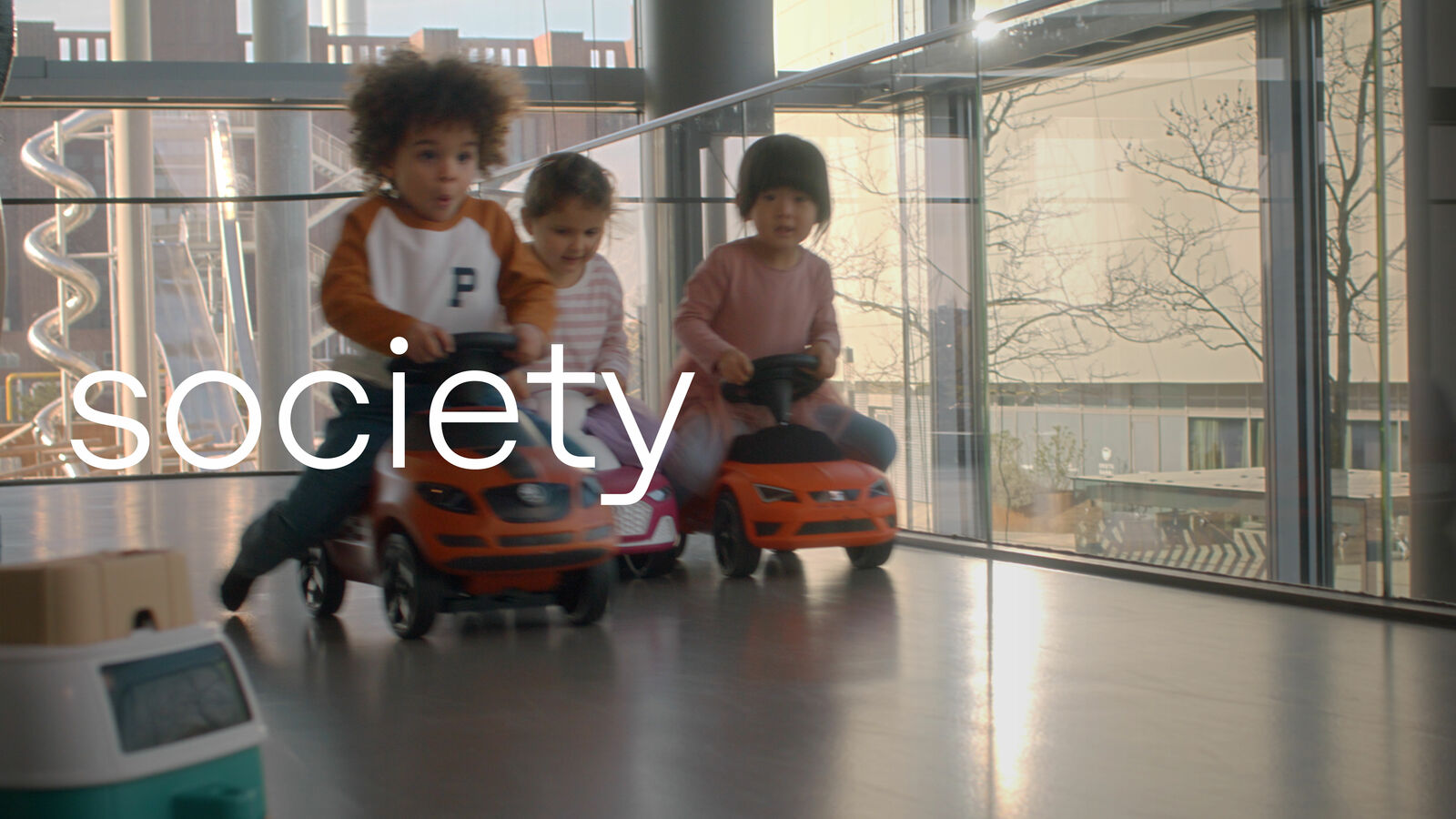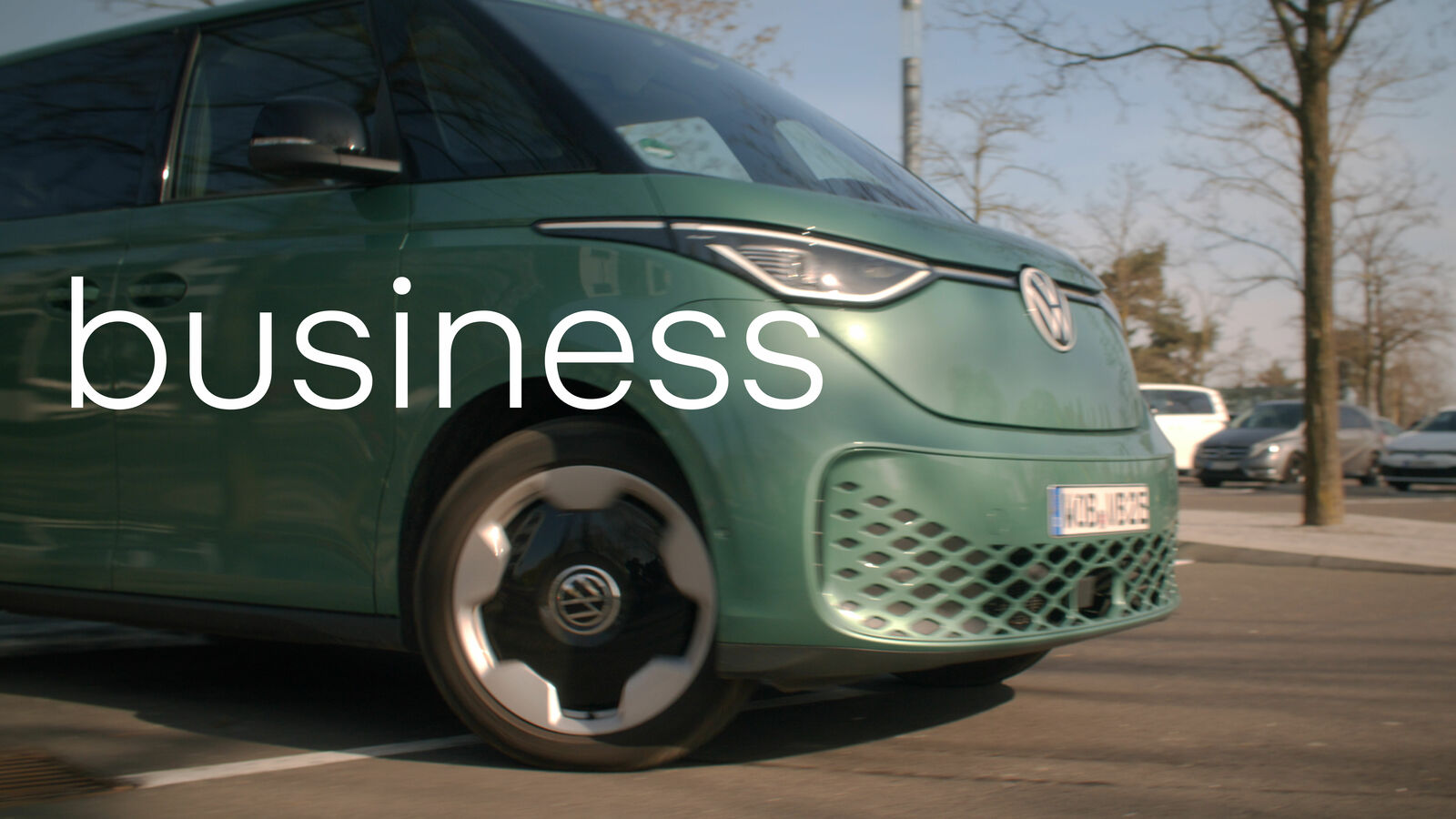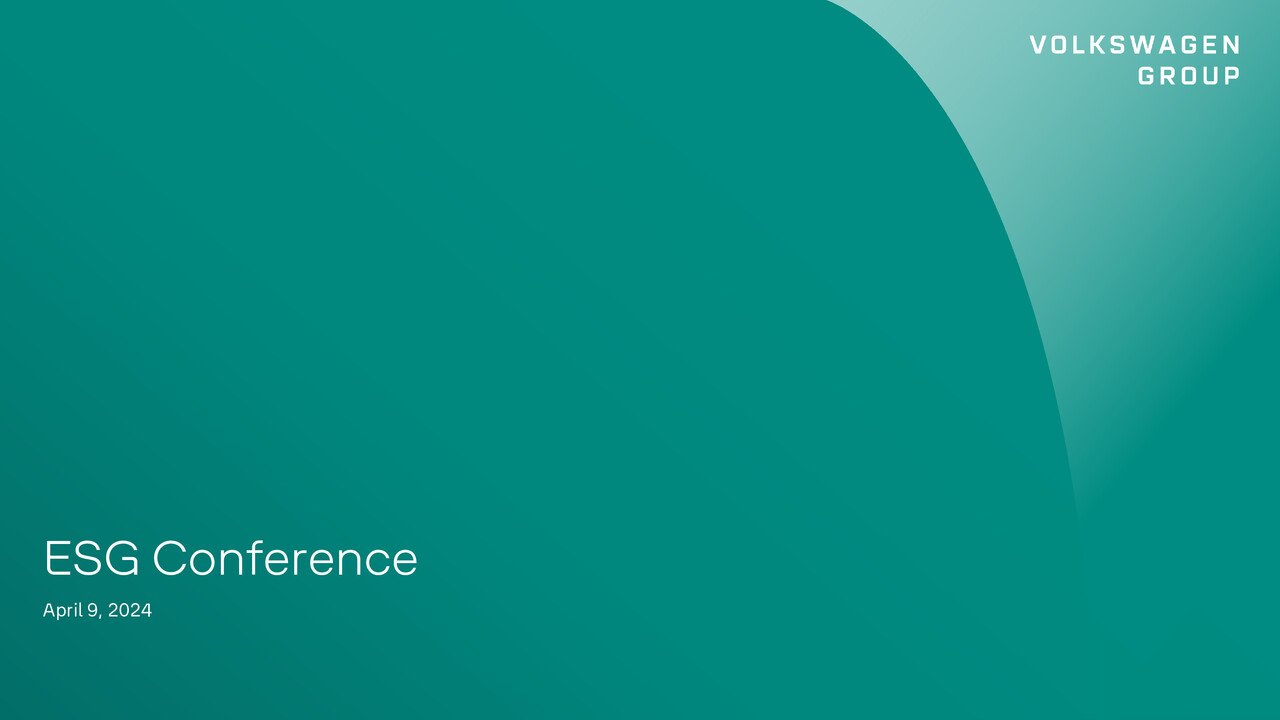How do we do it?
We concentrate our efforts on four dimensions where we see the potential to achieve positive changes for nature, our people, society, and our business. We want to make the desired positive effect of our actions within the framework of the four dimensions measurable and comprehensible. We are not bound by static methodologies; rather, we continually refine and adapt our approach. Our decisions aren't made in isolation but are informed by thorough internal and external evaluation, inputs and validation. Achieving this requires lasting commitments and proactive engagement from and by all stakeholders within the Volkswagen Group.
Who does it?
We recognize that we cannot do this transformation on our own. The complexity of global challenges goes beyond the Volkswagen Group's scope of influence. That is why even stronger cooperation is needed – between our company and our employees, our partners and society. We want to intensify these partnerships by nurturing a culture of respectful dialogue and openness. Through this collaborative approach, we seek to accelerate the positive impact we have on the four dimensions of nature, our people, society, and business. We hope to inspire and help others to join us on this journey.
Where do we do it?
The regenerate+ sustainability strategy resonates through every facet of our organization - encompassing every division, brand, region, production site and company within the Volkswagen Group. And should go beyond that. It extends to all stakeholders along our supply chain, our dealers, all people who have an influence on us or whom we can influence. Recognizing the magnitude of this endeavor, we understand that management in isolation is not feasible. Trusted partnerships and constructive collaboration are of essence here.






